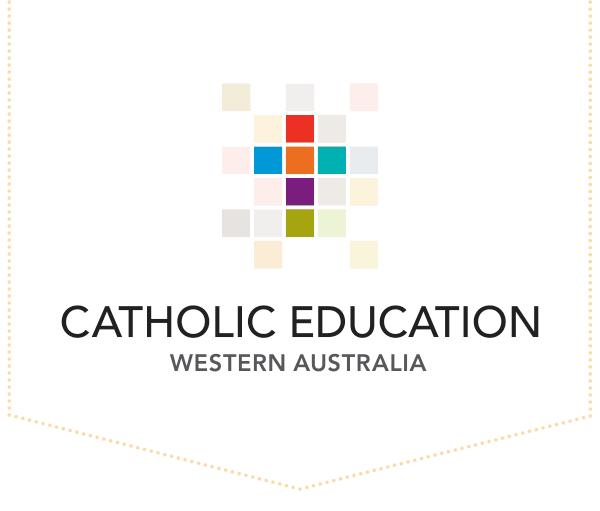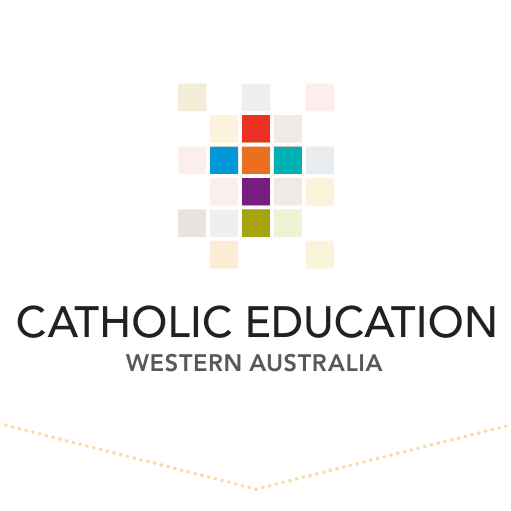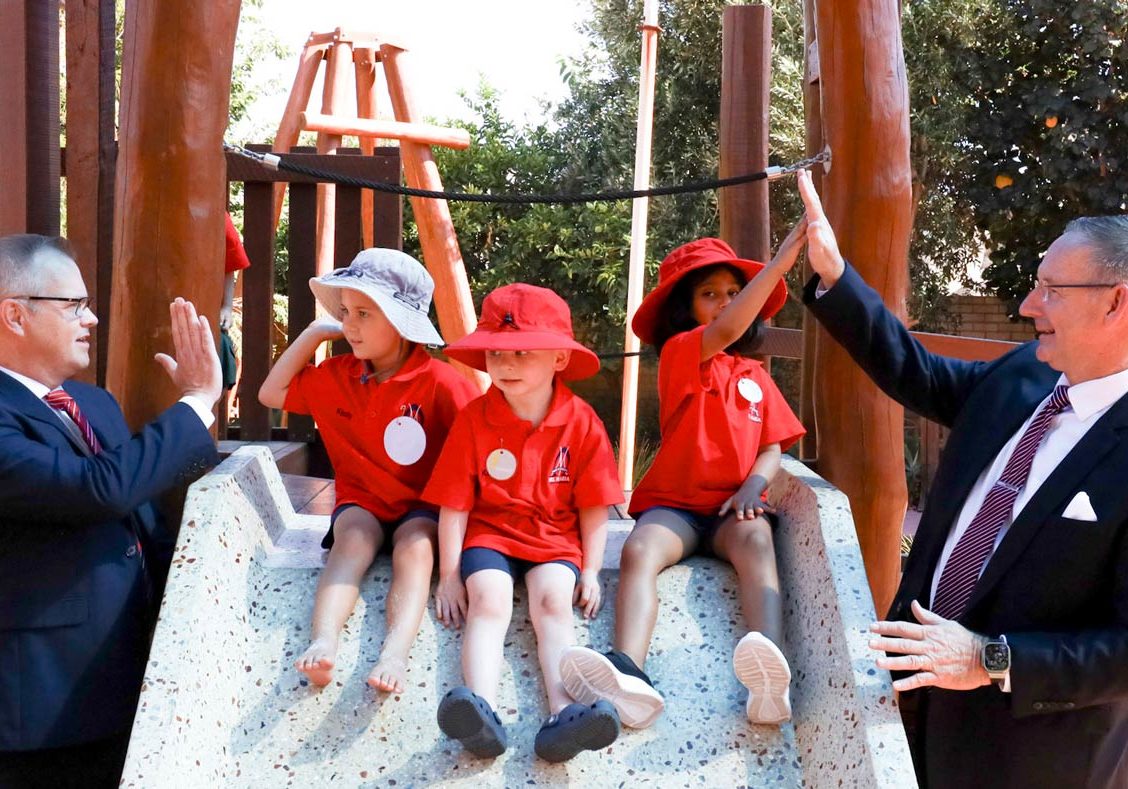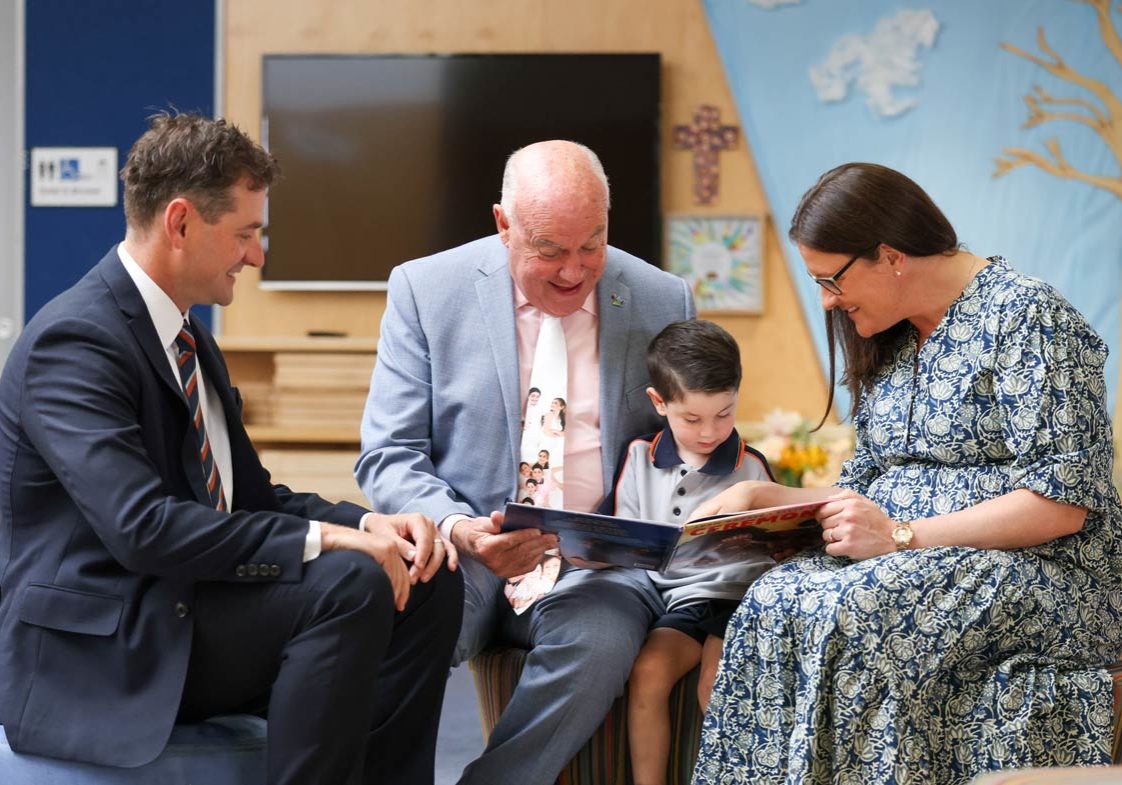Prioritising the future of Catholic schools in WA
02 May 2019
Catholic schools are an essential part of the fabric of Western Australia.
As the second largest education provider in the State, Catholic Education Western Australia (CEWA) educates 76,000 students and employs 12,000 staff at 162 schools, colleges and early years learning and care centres across the expanse of WA, including in some of our most remote communities.
The system caters to a diverse population, including students whose needs are not met in mainstream education. CEWA operates four Curriculum and Re-Engagement (CARE) schools, an intensive English centre and 23 special education support centres which provide a range of services, including learning support for students with disability.
In the lead up to the Federal election, CEWA is seeking an equitable and sustainable funding commitment to ensure it continues to provide genuine choice for parents to choose the learning environment best suited to their child.
Catholic schools are constantly evolving to best serve the needs of students of all abilities and from all backgrounds, according to CEWA Executive Director Dr Debra Sayce.
“To ensure that CEWA remains a sustainable system of schools, we need to keep pace with the learning needs of our diverse population now and in the future,” she said.
“This includes a clear focus on providing accessible and affordable Catholic education, which is why we have outlined five key priorities to form the basis of our ongoing discussions with State and Federal governments.”
CEWA’s 5 Key Priorities for 2019 Federal Election
Priority 1: Capital funding to meet schooling needs of WA’s diverse population and provide educational choice for families.
Approximately 80 percent of funding for capital projects in Catholic schools is generated through building levies (parent contributions), fundraising and loans.
Position: Supporting the Catholic education sector to deliver its share of school places ensures educational choice for families and supports the diversity of needs of students.
Commitment being sought: Further support for capital funding to reflect the real cost of delivering and upgrading school infrastructure that meets the needs of WA’s population.
Priority 2: Funding towards operating costs of boarding colleges for Aboriginal students
As at August 2018, CEWA had 760 boarders in eight boarding schools. 280 (roughly 37 percent) of these are Aboriginal students.
Position: The cut in funding for Aboriginal boarding ignores the needs of young Aboriginal people who live in remote areas. With more than 2500 Aboriginal students and more than 100 Aboriginal Teaching Assistants in CEWA schools and colleges, our Transforming Lives: Strategy 2025 is working to create inclusive and culturally competent learning environments.
Commitment being sought: Additional funding for boarding colleges to ensure Aboriginal students have equitable access and participation in Catholic education.
Priority 3: Support for small, rural and remote school communities through a review of the size loading in the Australian Education Act 2013 to accurately reflect fixed operational costs of small schools
Across Australia, one in four Catholic schools are located outside major metropolitan areas and in many remote communities, a Catholic school is the only local education provider
Position: Catholic schools support vibrant small communities, providing Western Australian families with accessible and affordable education no matter their geographic location. Our schools and colleges provide choice for parents in rural, remote and isolated areas from the West and East Kimberley, through to the Goldfields, the South West and the Great Southern. CEWA is the sole provider of school-based education to a number of communities in the Kimberley region.
Commitment being sought: CEWA is seeking a commitment from State and Federal governments to review the size loading in the Australian Education Act 2013 to accurately reflect the fixed operational costs of small schools.
Priority 4: Ongoing cross-sectoral collaboration to address the ‘on the ground’ needs of students with disability
Position: Catholic schools focus on supporting educational outcomes for students with disability in inclusive and nurturing learning environments. Funding and programs need to reflect the diverse needs of students with disability as these numbers increase. Greater funding certainty is needed for students with disability.
Commitment being sought: Ongoing cross-sectoral collaboration to address the ‘on the ground’ needs of students with disability. Strategic planning to develop consistent definitions of disability and provide appropriate and co-ordinated resourcing.
Priority 5: Ongoing commitment to early years’ education in schools through the Universal Access Funding Scheme.
Position: Catholic schools provide a choice for parents in early years education. We offer holistic, values-based programs for children, including long day care, three-year-old programs, playgroups and outside school hours care. The current Government funding of universal access for early years is uncertain and puts these valuable and much needed education programs at risk.
Commitment being sought: Provide sustained support for early years programs through the Universal Access Funding Scheme. Develop strategies that support early years program delivery in diverse school settings and communities.




